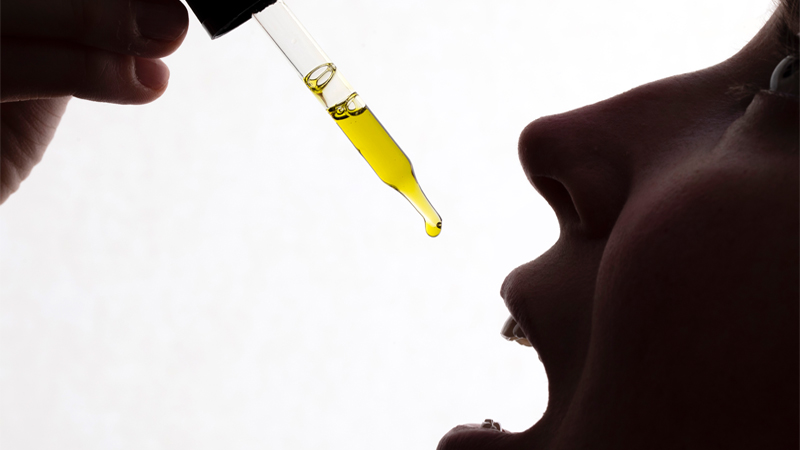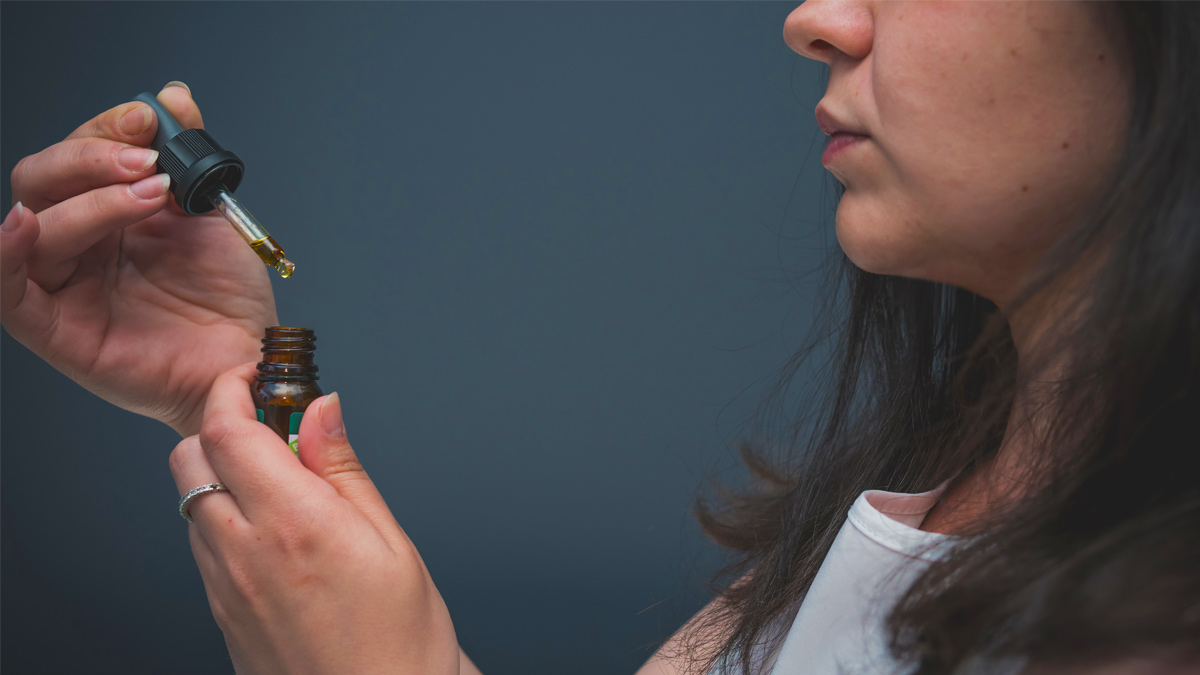There is a lot of confusion surrounding CBD and THC tolerance. Some think they’re the same especially since both of these compounds come from cannabis. However, you have to remember that CBD is the major non-psychoactive cannabinoid found in cannabis, while THC is the major psychoactive compound that makes users feel “high.”
While both compounds have many therapeutic effects, THC has a high addiction and tolerance risk, while CBD doesn’t. Read on and know more about CBD and THC tolerance.
CBD vs THC
CBD and THC are two of the most well-known and most studied cannabinoids in the world. Both substances have been shown to have a variety of medical benefits, but they also have some key differences. Here’s a look at what you need to know about CBD vs THC.
What is CBD?
CBD is one of the many cannabinoids present in cannabis plants. It has been shown to interact with receptors in the body that can produce therapeutic effects, including reducing inflammation and pain, improving anxiety and mood disorders, and helping with chronic diseases such as cancer, seizures, and epilepsy.
Compared to THC, this cannabinoid does not produce a high. It is not addictive, and it does not have a high tolerance risk.
What is THC?
THC or tetrahydrocannabinol is the main psychoactive compound in cannabis. It’s responsible for the “high” people experience when smoking or consuming marijuana. THC also has medicinal benefits, including treating pain and nausea.
Unlike CBD, THC has a high risk of developing tolerance, dependence, and addiction. Quitting high-THC cannabis products can also lead to withdrawal symptoms.
How Does Tolerance Work?
Tolerance occurs when the body becomes less responsive over time to the effects of a drug or alcohol. This means that the person needs increasing amounts of the substance to experience its desired effects. This can lead to dangerous levels of intoxication or abuse. This also increases the risk of developing dependence or addiction to the drug.
Can You Develop CBD Tolerance?
CBD won’t increase your risks of developing tolerance, which is very good news indeed. CBD does not bind to the CB1 receptor’s active site in a similar way that THC does. Instead, CBD docks on another area found on the receptor, changing the way the receptor is shaped. This makes THC have a harder time binding with the CB1 receptor. This CBD effect can even help reverse some of THC’s side effects.
Because CBD is non-addictive, developing tolerance is not likely to occur. For many people who rely on CBD’s therapeutic effects, this means CBD tolerance isn’t a big issue that you need to be worried about.
Related Article: What is The Best CBD Oil for Migraines?
Can You Develop THC Tolerance?
Yes. People who use medical cannabis with high THC levels can also develop THC tolerance. How soon one can develop tolerance and maybe even dependence of addiction to THC depends on how much, how long, and how many times a person consumes THC.
THC binds very well to the CB1 receptors, which are largely found in the central nervous system — the brain and the spinal cord. Its activation of this receptor leads to the mind-altering, psychoactive effects that cannabis is known for. The more you use cannabis, the higher your tolerance becomes, and the more you need to consume THC at higher doses to feel similar effects.
What is CBD Reverse Tolerance?
CBD reverse tolerance is a phenomenon that occurs when your cells have become more sensitive to CBD. Because they’re more sensitive and less resistant to CBD, you’ll need less of the compound to activate the receptors. As a result, you’ll find that you’re needing to take in less CBD than before to achieve the same therapeutic effects.
Are There Side Effects When Taking CBD?

Since there is less likelihood of developing CBD tolerance, many users are curious to know if there are negative effects that they need to know about CBD as well.
Of course, similar to other supplements, there are potential side effects when taking CBD as well. However, the side effects are generally mild and most people do not experience any severe problems when using CBD.
Some people may experience some lightheadedness or dizziness, but these side effects usually go away after the body gets used to CBD. There is also a small chance that some people may have a rare allergic reaction to CBD. If an allergic reaction to CBD happens, seek immediate medical attention.
Is There Withdrawal Effects When Quitting From CBD Intake?
There are no withdrawal side effects when quitting CBD because CBD can’t get you high or increase your addiction or dependence risks. Stopping your CBD use won’t cause any untoward side effects like increased cravings, chills, nausea, or headaches, among others.
Quitting high-THC cannabis, on the other hand, produces withdrawal symptoms.
Can I Take CBD Every Day?
CBD is considered safe, therefore, it can be taken every day. It is not addictive and does not have any psychoactive effects.
There are just a few things to keep in mind when using CBD oil though.
First, it is important to make sure you are getting the right kind. There are several different types and forms of CBD oil available on the market, each with its own set of benefits and drawbacks.
Second, be aware that CBD oil can interact with other medications you may be taking so always speak with your doctor before starting any new supplement. This includes CBD use.
The Takeaway
CBD can be used to combat many different medical conditions. If you are using CBD for your medical issues, it is important to be aware of the potential side effects.
However, one of the best things about using CBD is that you will not develop any tolerance for it. There is nothing to worry about addiction, dependence, or tolerance risks. You don’t have to continuously increase your dose to achieve the same results, unlike using THC.
To avoid developing tolerance to CBD, it would be better to avoid CBD products that contain very high amounts of THC.
